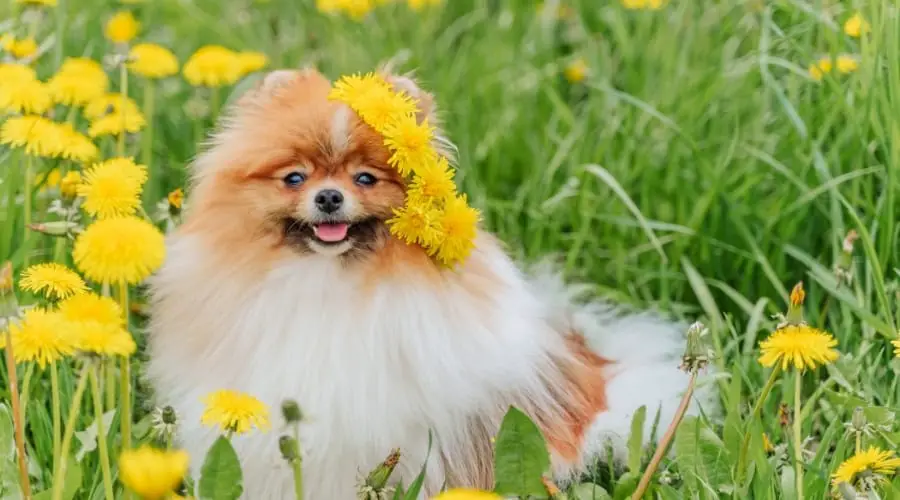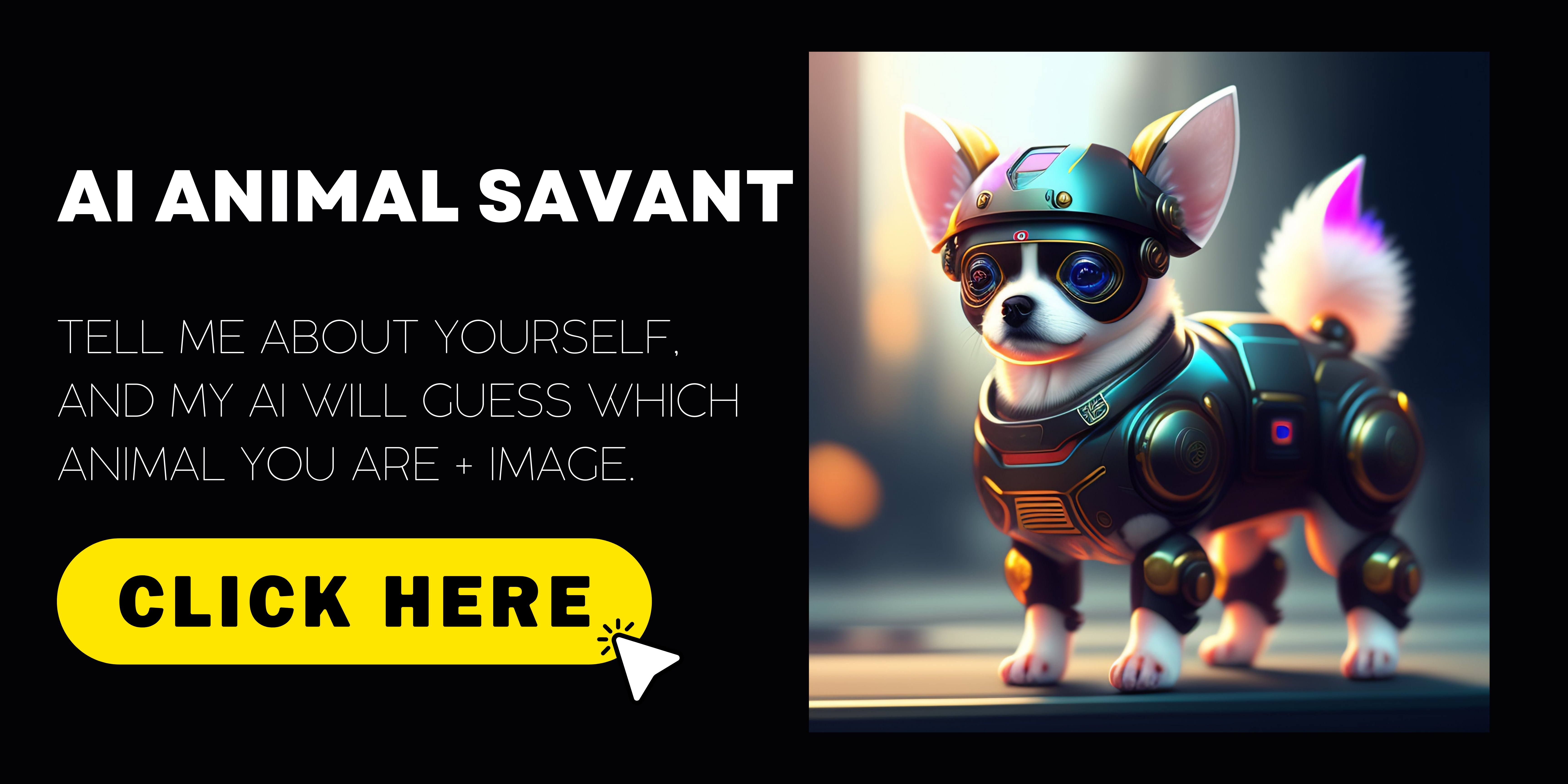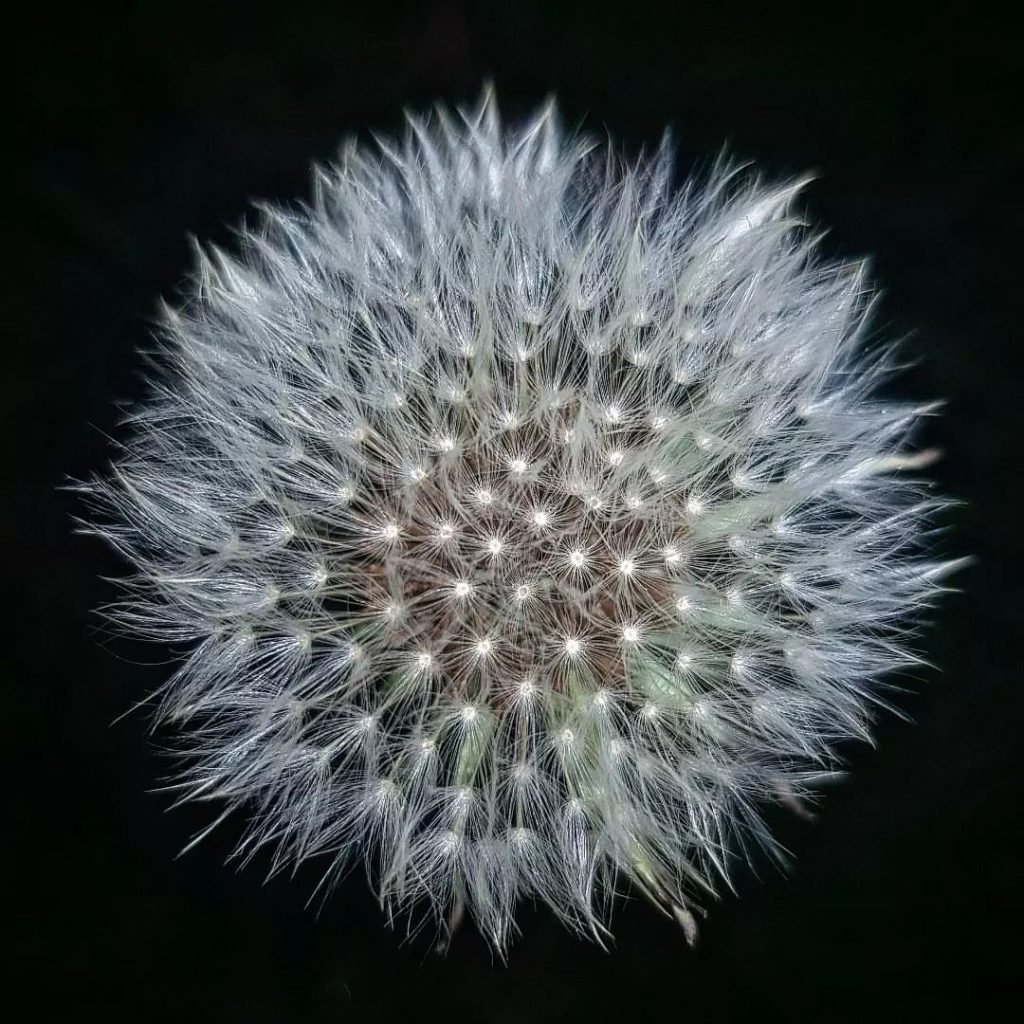Dandelions are familiar plants that often dot our landscapes, and they are a topic of curiosity for many dog owners. One common concern that arises is whether dandelions are poisonous to dogs. As responsible pet owners, we want to ensure the safety and well-being of our canine companions. In this blog post, we will delve into the subject of dandelions and their potential impact on dogs’ health. Our goal is to provide clarity and reliable information, dispelling any misconceptions and offering valuable insights into this intriguing topic. So, if you’ve ever wondered about the relationship between dandelions and dogs, read on to discover the truth and make informed decisions for your beloved furry friend.

Understanding Dandelions:
Dandelions are familiar and abundant flowering plants that can be found in various outdoor spaces. They have a distinct appearance, featuring bright yellow flowers that later transform into fluffy seed heads known as “dandelion clocks.” These seed heads disperse in the wind, contributing to the plant’s widespread distribution.
Dandelions (Taraxacum officinale) are part of the Asteraceae family and are native to Eurasia and North America. However, they have become naturalized in many regions around the world, making them a common sight in lawns, meadows, fields, and even cracks in sidewalks.
Common Misconceptions:
One of the most prevalent misconceptions surrounding dandelions is that they are toxic to dogs this belief stems from confusion caused by their appearance as dandelions may resemble other plants that can be harmful to dogs it s essential to distinguish between factual information and hearsay to make informed decisions about dandelions and their impact on dogs health.
While certain plants can be toxic to dogs dandelions themselves are not considered poisonous to dogs the entire plant from the roots to the flowers and leaves is generally safe for canine consumption however it is essential to exercise caution and consider other factors when it comes to dogs and dandelions.
By understanding the reality behind this common misconception dog owners can make informed decisions about their dogs exposure to dandelions and ensure the well being of their furry companions.
You may like: What happens if you give a dog too much wormer?

Are Dandelions Poisonous to Dogs?
Contrary to popular belief dandelions are not considered poisonous to dogs in fact dogs can safely consume dandelions in moderation without experiencing any harmful effects however it s important to exercise caution and consider individual factors when introducing dandelions into a dog s diet.
While dandelions are generally safe for dogs to eat, it’s essential to be mindful of potential risks and take necessary precautions. Every dog is unique, and individual sensitivities or allergies can vary. It’s always a good idea to monitor your dog’s reaction when introducing any new food into their diet, including dandelions.
Benefits and Risks:
Dandelions can offer several potential benefits to dogs due to their nutritional value. They are a natural source of vitamins, including vitamins A, C, and K, as well as minerals such as potassium and calcium. These nutrients can support a dog’s overall health and well-being when consumed as part of a balanced diet.
However it s important to be aware that certain risks exist when it comes to feeding dandelions to dogs allergic reactions can occur in some dogs especially if they have pre existing allergies or sensitivities signs of an allergic reaction may include itching skin irritation or gastrointestinal upset if you notice any adverse reactions after your dog consumes dandelions it s recommended to discontinue feeding them and consult with a veterinarian.
Additionally while dandelions themselves are safe for dogs it s crucial to consider the environment in which they are growing dogs should not consume dandelions from areas that have been treated with pesticides herbicides or other potentially harmful chemicals these substances can pose a risk to a dog s health if ingested.
By understanding the potential benefits and risks associated with dandelions, dog owners can make informed decisions about incorporating them into their dogs’ diet. Always remember to introduce new foods gradually, observe your dog’s response, and consult with a veterinarian if you have any concerns about your dog’s dietary choices.
You may like: my dog ate a hair tie, What Should I do?

Precautions and Considerations:
When incorporating dandelions into your dog’s diet, it’s important to follow these precautions and considerations to ensure their safety and well-being:
- Moderation is key: While dandelions are generally safe for dogs, they should be fed in moderation. Treat them as a supplement or occasional addition to your dog’s regular diet rather than a primary source of nutrition.
- Avoid treated areas: It is crucial to prevent your dog from consuming dandelions that have been treated with pesticides herbicides or other chemicals these substances can be toxic to dogs and may lead to adverse health effects ensure that the dandelions your dog consumes come from untreated and pesticide free areas.
- Observe for unusual reactions: After introducing dandelions into your dog’s diet, carefully observe any unusual reactions or digestive issues. While rare, some dogs may experience allergic reactions or gastrointestinal upset. If you notice any adverse symptoms such as vomiting, diarrhea, or excessive itching, discontinue feeding dandelions and consult with a veterinarian for further guidance.
- Seek veterinary advice if needed: If you have any concerns about feeding dandelions to your dog or if your dog has a pre-existing health condition, it’s always a good idea to consult with a veterinarian. They can provide personalized advice based on your dog’s specific needs and help determine if dandelions are suitable for them.
Other Factors to Consider:
In addition to the precautions mentioned above, there are a few other factors to consider regarding dogs and dandelions:
- Know your dog’s environment: It s important to be aware of the environment where your dog roams and where dandelions are present if you allow your dog off leash in public areas ensure that the dandelions they come across have not been treated with any harmful substances.
- Beware of misidentification: Dandelions have a distinctive appearance but it s still crucial to be cautious and ensure that the plants your dog consumes are indeed dandelions some non dandelion plants may resemble dandelions and ingesting these plants can be potentially harmful to your dog if you re uncertain about plant identification consult with a knowledgeable expert or veterinarian.
By following these precautions and considerations, you can safely introduce dandelions to your dog’s diet and ensure their well-being. Remember to prioritize your dog’s health, monitor their reactions, and seek professional advice whenever needed.
You may like: dog shivering after a bath
Conclusion:
In conclusion, it is important to understand that dandelions are generally safe for dogs to consume. They can offer nutritional benefits and be a healthy addition to their diet when introduced in moderation. However, certain precautions and considerations must be taken to ensure the well-being of your furry companion.
By following the guidelines mentioned in this blog post, such as feeding dandelions in moderation, avoiding treated areas, and observing any unusual reactions, you can incorporate dandelions into your dog’s diet safely. Remember to prioritize your dog’s health and consult with a veterinarian if you have any concerns or questions.
Responsible ownership involves making informed decisions about what your dog consumes and ensuring their safety in their environment. This includes being mindful of the surroundings where your dog roams and being aware of potential misidentification of plants.
As always, consulting with a veterinarian is essential for personalized advice tailored to your dog’s specific needs. They can provide guidance, address any concerns, and help you make the best choices for your dog’s diet and overall well-being.
By providing accurate information and dispelling common misconceptions, this blog post aims to empower dog owners to make informed decisions regarding dandelions and their dogs’ health. Together, we can ensure that our furry friends enjoy a safe and healthy life.






